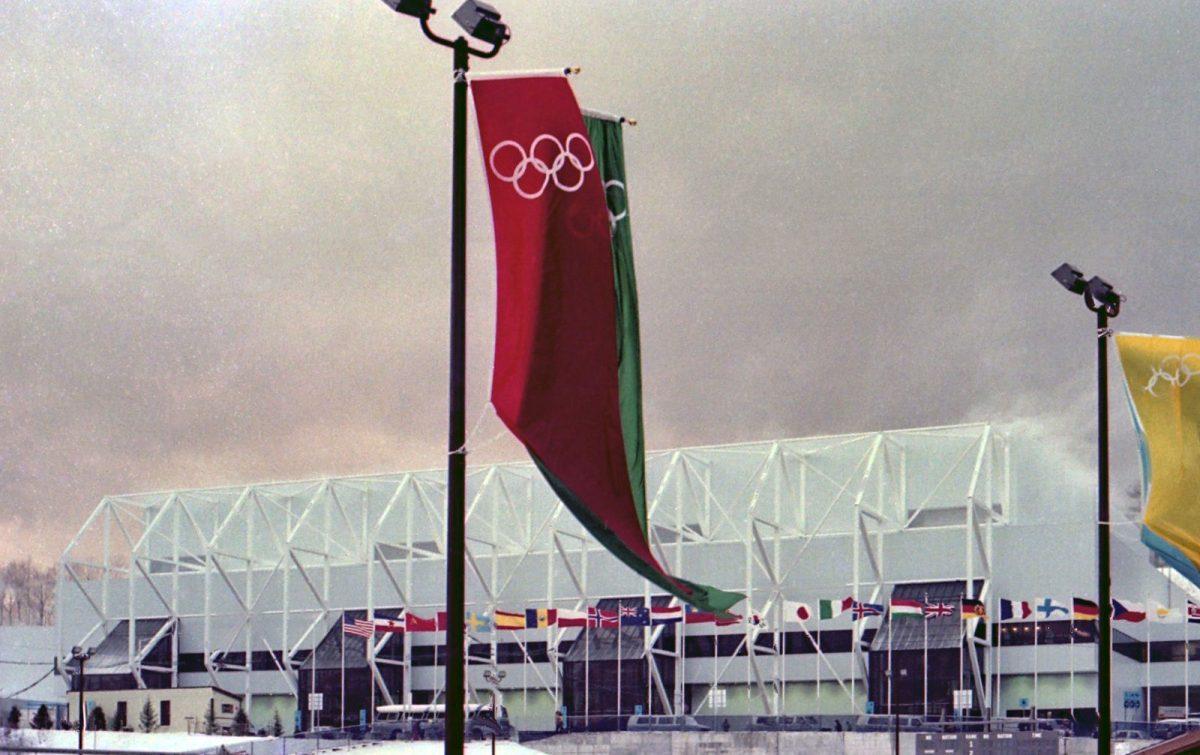Throughout the 2022 Winter Olympics, we have heard reports about a U.S. diplomatic boycott, and a meeting between Russian President Vladamir Putin and Chinese President Xi Jinping. As the Russians and Chinese continue to show solidarity with each other in opposition to the U.S., it is worth looking into what is being done about it.
Even before the Olympics began this February, it was known that the U.S. would not be sending any government officials to China because of the human rights violations the Chinese government has flagrantly committed against both Uyghur Muslims and protestors in Hong Kong. Other countries soon joined suit and announced that they too would have a diplomatic boycott.
On the surface, this action seems juvenile and pointless. We are essentially saying that because China disregards human rights, we are not going to talk to them. We will still send our athletes, but that doesn’t mean we approve of their actions. If anything, we need to have more discussions with the Chinese to try to deter them from their current path. Now is the time to show that we have some teeth, boycott the games entirely and get other allies to do the same.
Doing so will show the Chinese government the U.S. will not stand for these abuses, and that we’re willing to do something about it. If nothing else, we would have made it abundantly clear to the world that the U.S. takes human rights seriously, and that we are willing to prove it by our actions. A simple diplomatic boycott is not enough — we need to take a firm stand.
What kind of impression does it give when we refuse to send diplomats to China in protest, but still send athletes to represent us? It gives the impression that our actions are rather vain and shallow, because a diplomatic boycott doesn’t really say or do much. While the Russians are cozying up to the Chinese, what are we doing? We’re refusing to talk to them at the Olympics. When you want to make a statement, make a statement.
A complete boycott of the Olympics would be far more effective than just a diplomatic one. A total boycott would say that we are so appalled at the actions of the Chinese government that we refuse to give any impression of international solidarity with them as long as they disregard the human rights of others. Such an action would leave no doubts that the U.S is committed to human rights, and takes violations of those rights seriously.
An Olympic boycott is not unprecedented. In 1980, the U.S. boycotted the Moscow Olympics following the Soviet Union’s invasion of Afghanistan. In explanation, Vice President Walter Mondale said, “A world which travels to the Moscow games devalues its condemnation.” The same holds true for today.
By competing in the games, we are implicitly lending support to the Chinese government. How serious are we about human rights violations when we still send athletes to represent us to a country that has a history of human rights abuses? We are undercutting ourselves by saying we disapprove of the Chinese government while simultaneously sending our athletes to compete. We need to send a consistent message with both our words and deeds. Even though the intention behind the diplomatic boycott may be good and well founded, the actual boycott does not go far enough. We need to take strong and resolute stances on issues as important as human rights, and not take petty actions that allow the world to doubt our resolve. They say actions speak louder than words, so when we speak, we should talk loud enough to be heard.
Ty Pargmann is a history sophomore and an opinion writer for The Battalion.
Opinion: U.S. should’ve boycott Winter Olympics
February 18, 2022
Photo by Photo courtesy of Dan Lundberg
Opinion columnist Ty Pargmann argues that the United States’ participation in the 2022 Winter Olympics implicitly shows support to the Chinese government.
Donate to The Battalion
Your donation will support the student journalists of Texas A&M University - College Station. Your contribution will allow us to purchase equipment and cover our annual website hosting costs.





















